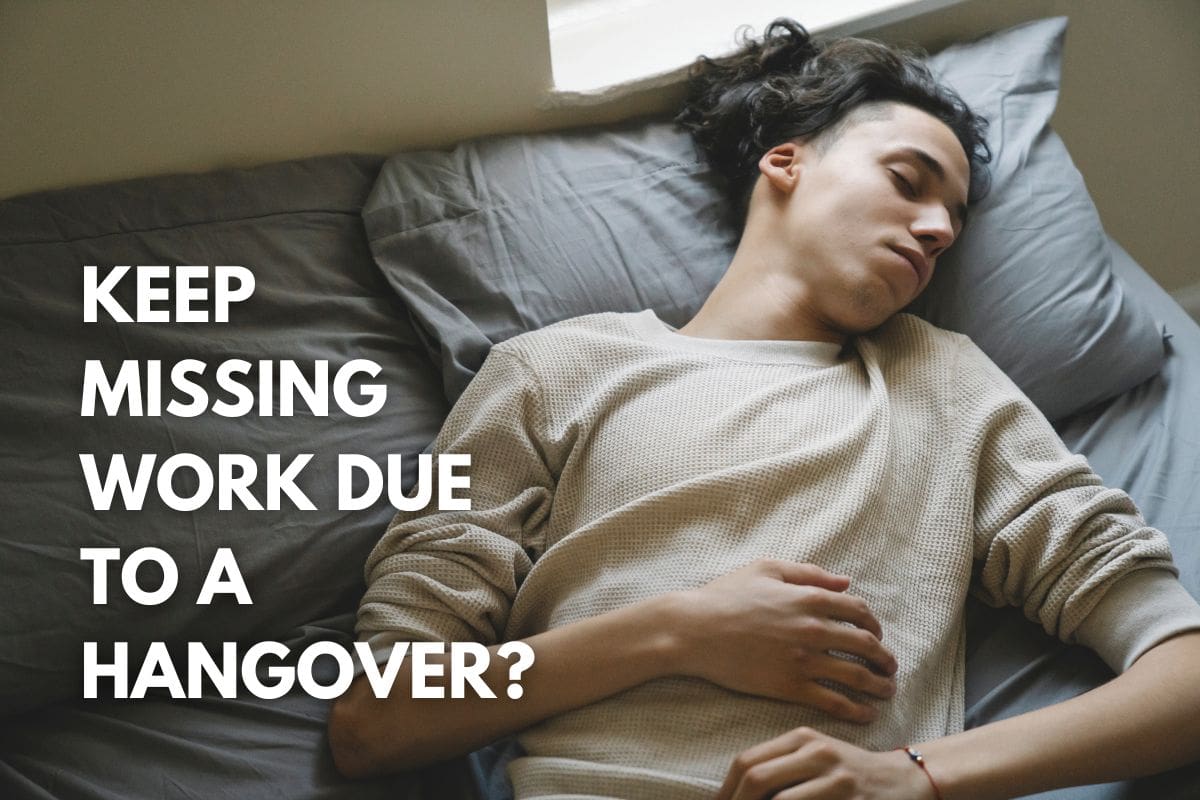On average, people with an alcohol use disorder miss 32 days of work per year, compared to 18 days for those with mild alcohol use problems and 13 days for those without a disorder. Overall, workers with alcohol use disorders missed over 323 million work days annually. People skipping work due to a hangover or recovering from alcohol abuse-related injuries is extensively common. Today, with the rise of remote work, these numbers could rise exponentially, especially among those with an alcohol use disorder.
However, if you’re missing work due to hangovers, it’s time to retrospect the realities of your drinking problem. Click through and consider the following:
Is Your Drinking Affecting Your Work-Life? Seek Help Now.
There are many ways to cut back on excessive drinking and get the support you need. Set small goals for yourself. Make lists of reasons why you want to quit drinking, as well as lists of reasons why it’s so hard for you. There are many ways to do this, but the most important thing is to seek professional help. You should talk with your doctor or health care provider about getting help if you have a problem with alcohol use. They will work with you to develop an individualized treatment plan that works for you.
You can also join a support group, such as Alcoholics Anonymous (AA), where people who share similar experiences can support each other in recovery from their addiction. If you believe your drinking habits severely affect your lifestyle, consider speaking with an addiction counselor. They might suggest a rehab program that adapts to your lifestyle and needs to help you achieve long-lasting recovery.
It can be difficult to quit drinking or even cut back, but many resources are available to help you. If you keep missing work due to a hangover and binge drinking behaviors, seek professional help from doctors or counselors specializing in addiction treatment.
Sources:
https://www.ncbi.nlm.nih.gov/pmc/articles/PMC3234116/

































